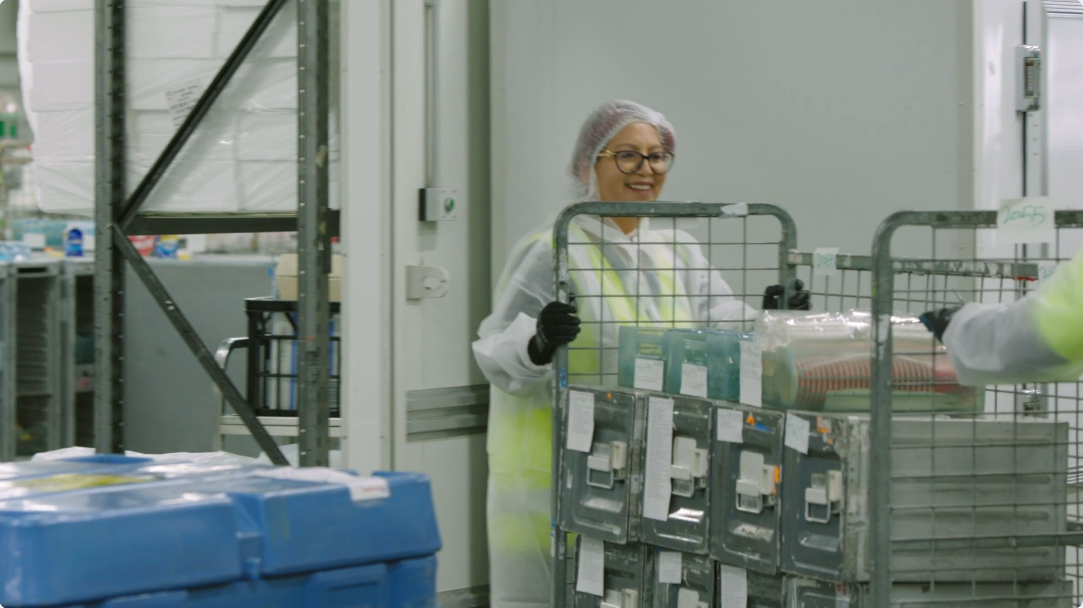In recent years, pop psychology and therapy speak have permeated casual conversation, social media, and workplace culture, reshaping how we communicate and address mental health. Terms like 'emotional intelligence’, 'boundaries’, ‘trauma', and ‘trigger warning' have become commonplace, often used without a full understanding of their implications. While these concepts can foster greater awareness and empathy among teams, their casual application—including using labels like 'narcissist', 'OCD', or 'psychopath' —can lead to misunderstanding and stigmatisation, oversimplifying complex psychological issues. This article examines the multifaceted impact of pop psychology on workplace dynamics, highlighting both its potential benefits and the risks associated with misusing language that describes genuine psychological challenges.
The Allure of Therapy Speak
There’s no denying the allure of therapy speak in today’s workplace. Who wouldn’t want to feel empowered by terms that validate our emotional experiences? Buzzwords like 'emotional intelligence', 'boundaries', and 'trigger warnings' can spark vital discussions about mental health and team dynamics. For instance, talking about 'emotional intelligence' can enhance collaboration and understanding among colleagues.
However, when we use these terms without context or accuracy, we risk diluting their meanings. Take the phrase "I’m so OCD" that people often use to describe being picky about something trivial. This casual misuse overlooks the real complexities of a diagnosis of Obsessive Compulsive Disorder and can contribute to misunderstanding and stigma around the condition. Instead of facilitating open dialogue, such phrases can create barriers, where meaningful conversations about mental health are overshadowed by the fear of mislabeling or misunderstanding.
Navigating the nuances of pop psychology requires us to foster an environment that encourages authentic conversations while being mindful of our language. By aiming for accuracy and context, we can ensure that discussions about mental health remain impactful and constructive, ultimately enriching workplace culture and team dynamics.
Is My Boss a Psychopath?
Let’s dive into a more provocative area: the casual labeling of colleagues. Ever heard someone exclaim, “My manager is such a psychopath” while describing a particularly ruthless decision? While it might make for a catchy headline, let’s take a moment to reflect. According to research, only about 1% of the general population is diagnosed with psychopathy. Most of us have encountered challenging personalities and while many of these traits may be consistent with those of someone with psychopathy, there is long way from that to jumping to clinical conclusions.
Using psychological labels casually not only risks misunderstanding but can also stigmatise legitimate mental health conditions. Labeling someone as a 'narcissist' or a 'psychopath' can undermine the seriousness of these diagnoses and the individuals who truly live with them. It’s crucial to remember that while some traits might be problematic, they do not necessarily indicate a clinical disorder.
The Problem with Oversimplification
Another concern is the oversimplification of complex psychological concepts. Therapy speak often simplifies nuanced human behaviors into catchy phrases, which can lead to misunderstandings. For example, while 'emotional labor' is a legitimate concept that describes the effort put into managing feelings in the workplace, it can be misused to dismiss legitimate concerns about workload or job expectations.
When we say someone is engaging in 'emotional labor', are we acknowledging their effort, or are we using it as a catch-all excuse to overlook systemic issues in the workplace? By reducing rich psychological discussions to buzzwords, we risk losing the depth and complexity of human experience.
Finding the Balance
So, how can we strike a balance between fostering a culture of awareness and avoiding the pitfalls of pop psychology? Here are a few strategies:
Educate and Train: Organisations should provide training on mental health and emotional intelligence, ensuring that employees understand the terms being used and can engage in meaningful conversations.
Promote Authentic Conversations: Encourage open discussions about feelings and workplace dynamics without the need for jargon. Authenticity often resonates more than trendy terminology.
Encourage Professional Support: Remind employees that while it’s great to discuss mental health, professional help should be sought for serious issues. Destigmatising therapy and counseling can empower individuals to take the necessary steps for their well-being.
Be Mindful of Language: Encourage the use of clear, precise language rather than buzzwords. If someone is struggling with a particular issue, help them articulate it without resorting to labels that may misrepresent their situation.
Mind the Gap
The rise of pop psychology and therapy speak in the workplace has undoubtedly opened doors for discussing mental health, but it also presents challenges that we must navigate thoughtfully. As we embrace these concepts, let’s do so with a critical eye, ensuring we foster understanding rather than confusion.
Ultimately, it’s about creating a work environment where people feel safe to express their thoughts and emotions without the fear of being misunderstood. After all, the goal isn’t just to be on trend; it’s to truly support each other in the complexities of our professional lives. So, the next time you hear a buzzword or label floating around the office, pause and ask yourself: are we facilitating understanding, or are we simply adding to the noise?
Reach out to Chandler Macleod today to learn how we can support your leaders and workforce to develop emotional intelligence and cultivate a more inclusive and dynamic environment. Together, we can transform your workplace into a space where authentic conversations thrive, and every team member feels valued. Contact us to start your journey toward a healthier, more collaborative workplace.













